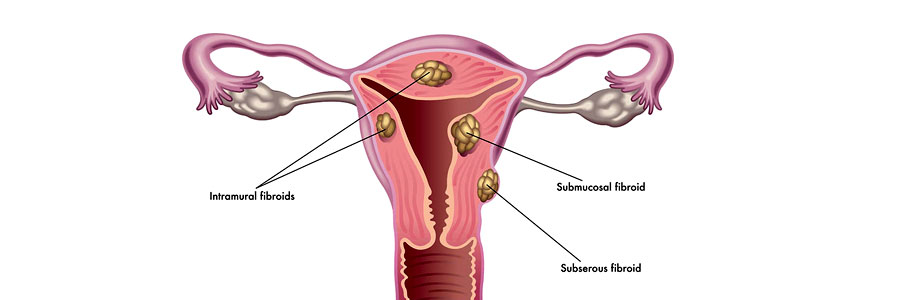Fibroid

Fibroids, medically known as uterine leiomyomas, are noncancerous growths that develop in or on the uterus. They are composed of smooth muscle cells and fibrous connective tissue and can vary in size, number, and location within the uterus. Fibroids are one of the most common types of benign tumors found in women of reproductive age, and they can range in size from tiny seedlings that are undetectable by the human eye to large masses that can distort the shape and size of the uterus.
Here are some key aspects of fibroid services
- Diagnostic Evaluation: Conducting a thorough medical history review and physical examination, including pelvic examination, to assess symptoms and identify potential risk factors for fibroids. Ordering diagnostic tests such as ultrasound, MRI, or hysteroscopy to confirm the presence, location, size, and number of fibroids.
- Patient Counseling and Education: Providing comprehensive information to patients about fibroids, including their causes, symptoms, natural history, and treatment options. Discussing the impact of fibroids on fertility, pregnancy, and overall health and addressing patient concerns and questions.
- Symptom Management: Developing individualized treatment plans to manage symptoms associated with fibroids, such as heavy menstrual bleeding (menorrhagia), pelvic pain or pressure, urinary symptoms, constipation, and infertility.
- Fibroid Monitoring: Monitoring asymptomatic or minimally symptomatic fibroids over time through regular follow-up appointments and imaging studies to assess changes in size, symptoms, or complications. Offering reassurance and guidance to patients regarding the appropriate timing and frequency of follow-up evaluations.
- Fertility Assessment and Counseling: Evaluating the impact of fibroids on fertility and reproductive outcomes and providing counseling to patients regarding fertility preservation options, treatment considerations, and assisted reproductive technologies (ART) if fertility is affected by fibroids.
- Medical Treatment: Offering medical therapies to manage fibroid-related symptoms.
- Postoperative Care: Providing comprehensive postoperative care and follow-up to monitor recovery, manage postoperative symptoms, and address any complications or concerns.




